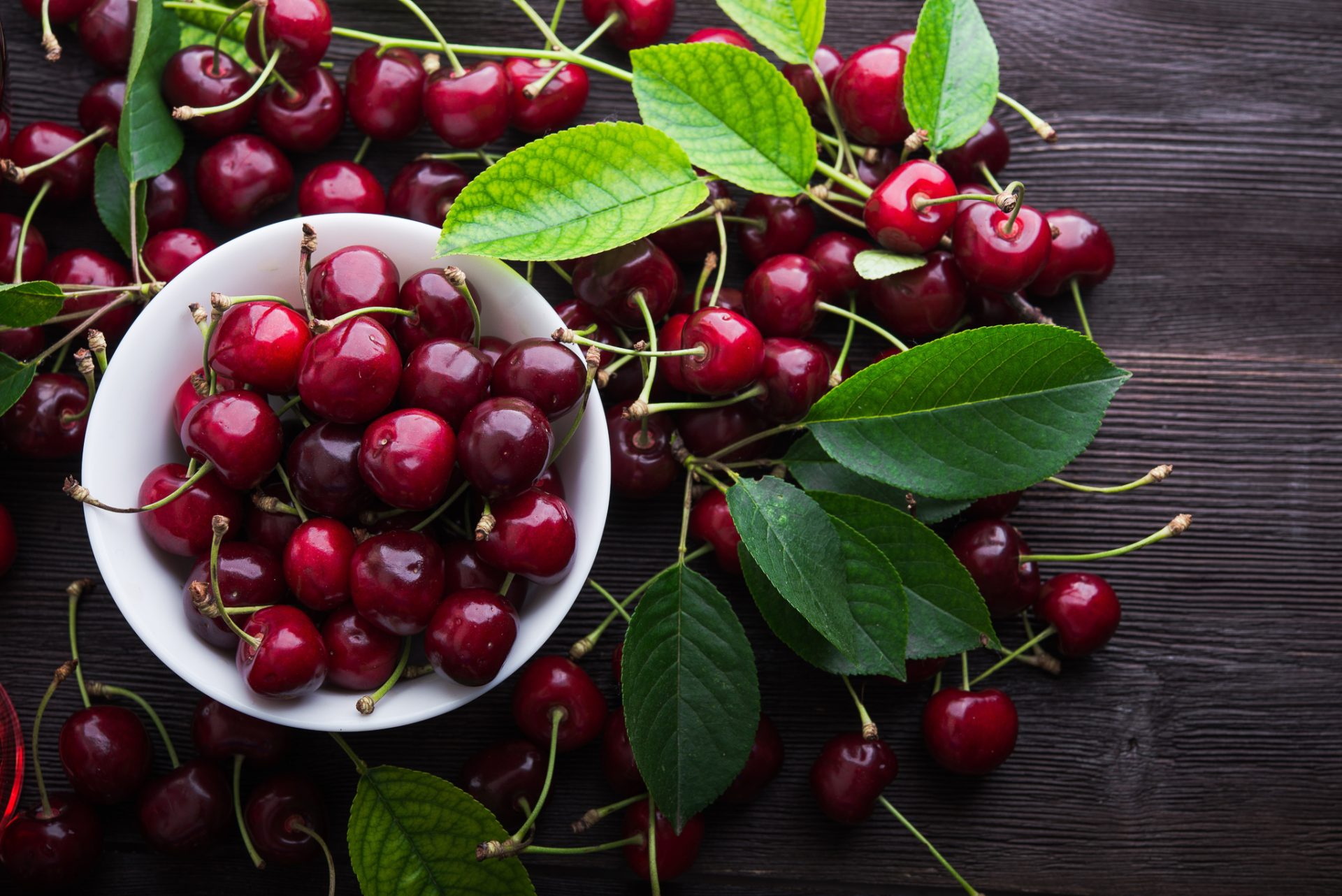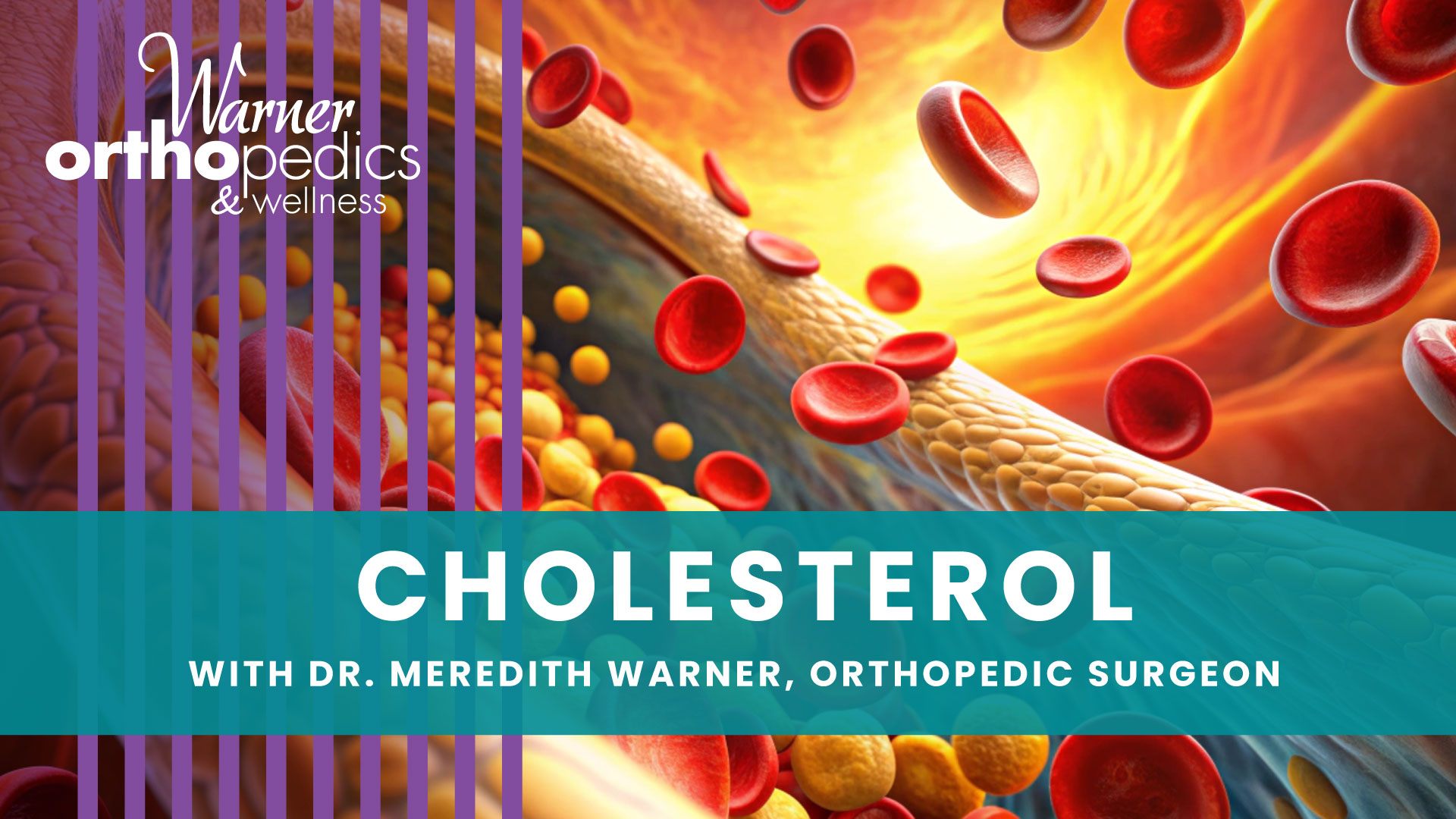Understanding COX-2 Inhibitors And Heart Disease

What Are COX-2 Inhibitors
COX-2 Inhibitors are a newer type of NSAID that block the cyclooxygenase-2 enzyme responsible for inflammation and pain responses. Some prescription COX-2 inhibitors include celecoxib (Celebrex), meloxicam (Mobic), and rofecoxib (Vioxx). While these medications can significantly reduce pain and inflammation they can increase the risk of cardiovascular events, including myocardial infarction and stroke. Vioxx was actually pulled from the market after FDA approval because of this potential risk.
Heart Effects Of COX-2 Inhibitors
COX-2 inhibitors work very strongly by a single molecule-type interaction and can potentially affect the heart. Celebrex and Mobic are still heavily prescribed globally despite that risk. This is due to the potential benefits of the anti-inflammatory effects.
The company that manufactured Vioxx actually removed its product from the U.S. market in 2004 due to the increased risk of cardiovascular events. However, studies have not shown similar problems with the Cox-2 inhibitors that remain on the market. That being said, some cardiologists do not recommend that patients take such medications.
The VIGOR trial (https://www.nejm.org/doi/full/10.1056/nejm200011233432103) that initially described the cardiac effects of the COX-2 inhibitors has some features that should be recalled as well. The doses of Rofecoxib were two times what is normally recommended for RA patients. The Naproxen was at the correct dose. People with RA are more prone to cardiac events, to begin with, and many ask them to take a baby aspirin daily; aspirin was not allowed in this study. The overall absolute risk was still quite low in this trial, although it was higher for Rofecoxib than Naproxen; the rest is history.
NSAIDS in general and Cox-2 inhibitors are known to increase blood pressure and to interfere with blood pressure medications. The blockade of the Cox enzymes remove a protective restraint on clot formation and atherogenesis along with an increase in BP. Most believe the Cox-2 inhibitors increase water retention and increase vasoconstriction. Cox-2 inhibitors reduce the excretion of sodium. The Cox-2 inhibitors will also reduce rates of repair after injury. Cox-2 inhibitors reduce the formation of prostacyclin and this leads to more thrombosis and more unstable atherosclerosis. Cox-2 will also increase the activity of NF-kB to act at the genetic level and this causes damage. Most flavonoids will reduce activity of this transcription factor.
Are Natural COX-2 Inhibitors Better?

Cyanidin, an anthocyanin found in tart cherry and its extracts does have activity against COX enzymes; these enzymes convert omega-6 fatty acids (arachidonic acid) from cell membranes into prostaglandins. They also interact with other phytochemicals and there are a lot of synergistic and beneficial effects; this is hard to tease out. Anthocyanins regulate many different pathways involved in Cardiovascular Disease (CVD) – COX inhibition is only one of the effects of these phytochemicals.
https://pubmed.ncbi.nlm.nih.gov/27846846/
Anthocyanins can diminish the overall effectiveness of the cyclooxygenase enzyme as well but also have many more heart-protective aspects. Flavonoids are known to enhance longevity and health and reduce cardiovascular risk. This is one reason why plant-based diets can be so healthy. Studies looking at the cardiovascular effects of anthocyanins have found benefits in LDL oxidation, lipid peroxidation, total antioxidant capacity, and reduced levels of CVD biomarkers. The most common cause of mortality and morbidity from CVD is due to atherosclerosis, in particular, unstable clots. Reducing inflammation of the vessel wall and the instability of the plaquing is beneficial overall. Many believe that controlling the ox-LDL levels will prevent many complications. Flavonoids can provide such protection. Heart tissue is especially prone to damage from oxidative stress and flavonoids are protective from that as well. Flavonoids like cyanidin also reduce the activity of the NF-kB transcription factor and this too will reduce cellular damage.
Should You Take A Natural COX-2 Inhibitor?
Assuming that all the risk factors that are very strongly associated with CVD are controlled, such as smoking, obesity, diabetes, genetics, physical inactivity, poor diet, and high levels of bad cholesterol, then tart cherries should not raise the risk of heart disease, but rather be protective. Other sources would include acai, chokeberry, elderberry, strawberry, and so on. Tart cherry extract’s flavonoids and phytochemicals will change the enzyme activity at the same time that a cascade of beneficial and antioxidant effects happens. Of course, we will always defer to a treating physician in this matter.
In general, yes, anthocyanins can reduce the activity of the COX enzymes, but they also reduce cholesterol, triglycerides, oxLDL, blood pressure, aortic stiffness, and they increase the antioxidant capacity of heart tissue. Many epidemiological studies suggest the use of tart cherries. The complexity here is considerable and again if you are worried it is important to speak with one of your physicians knowledgeable in this matter.
Schedule A Consultation Today
Are you worried about developing any of these conditions? Are you already suffering from one or more? Schedule an appointment with Warner Orthopedics & Wellness today for an evaluation and to discuss treatment options with Dr. Warner and her dedicated team!





